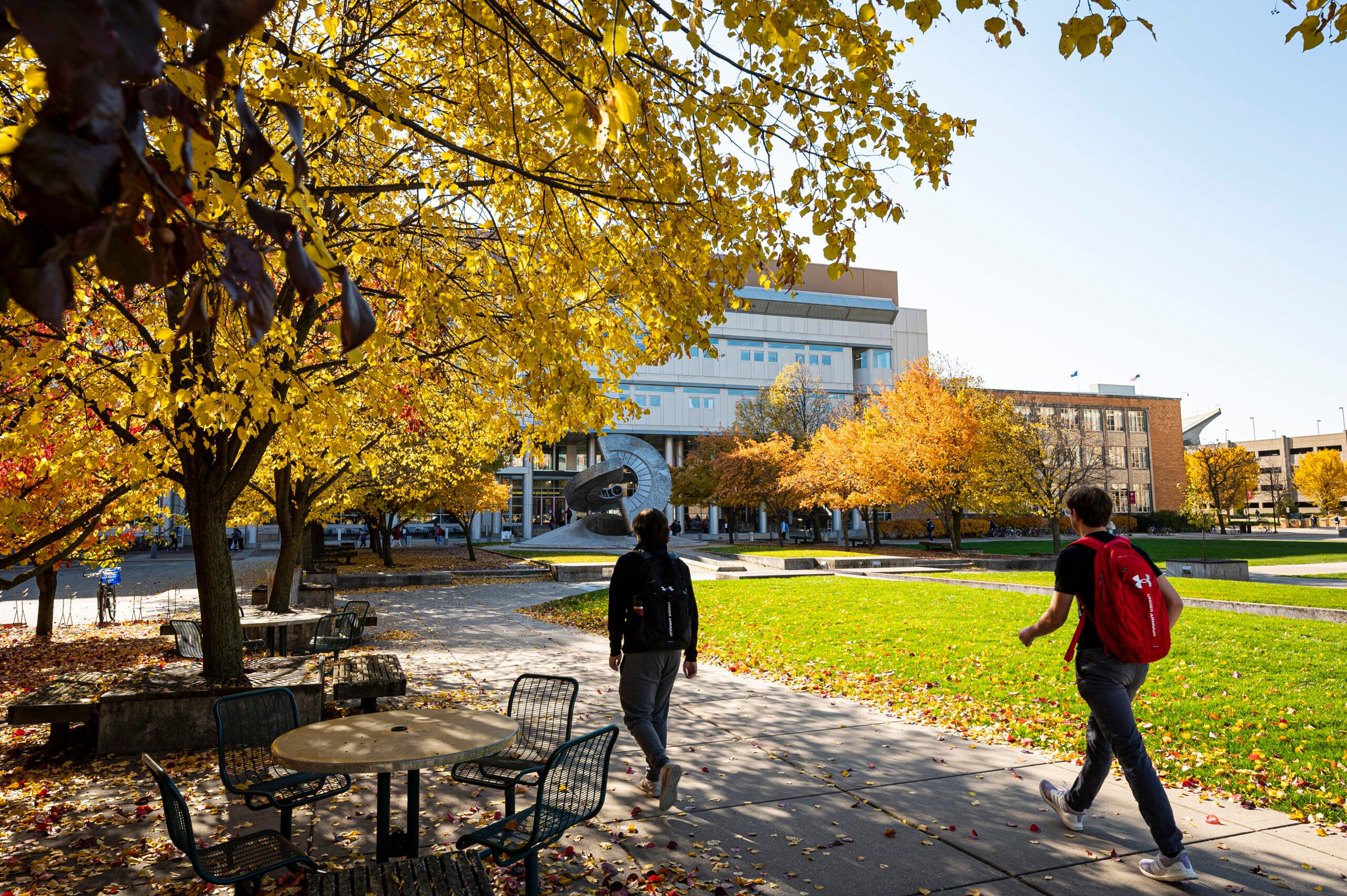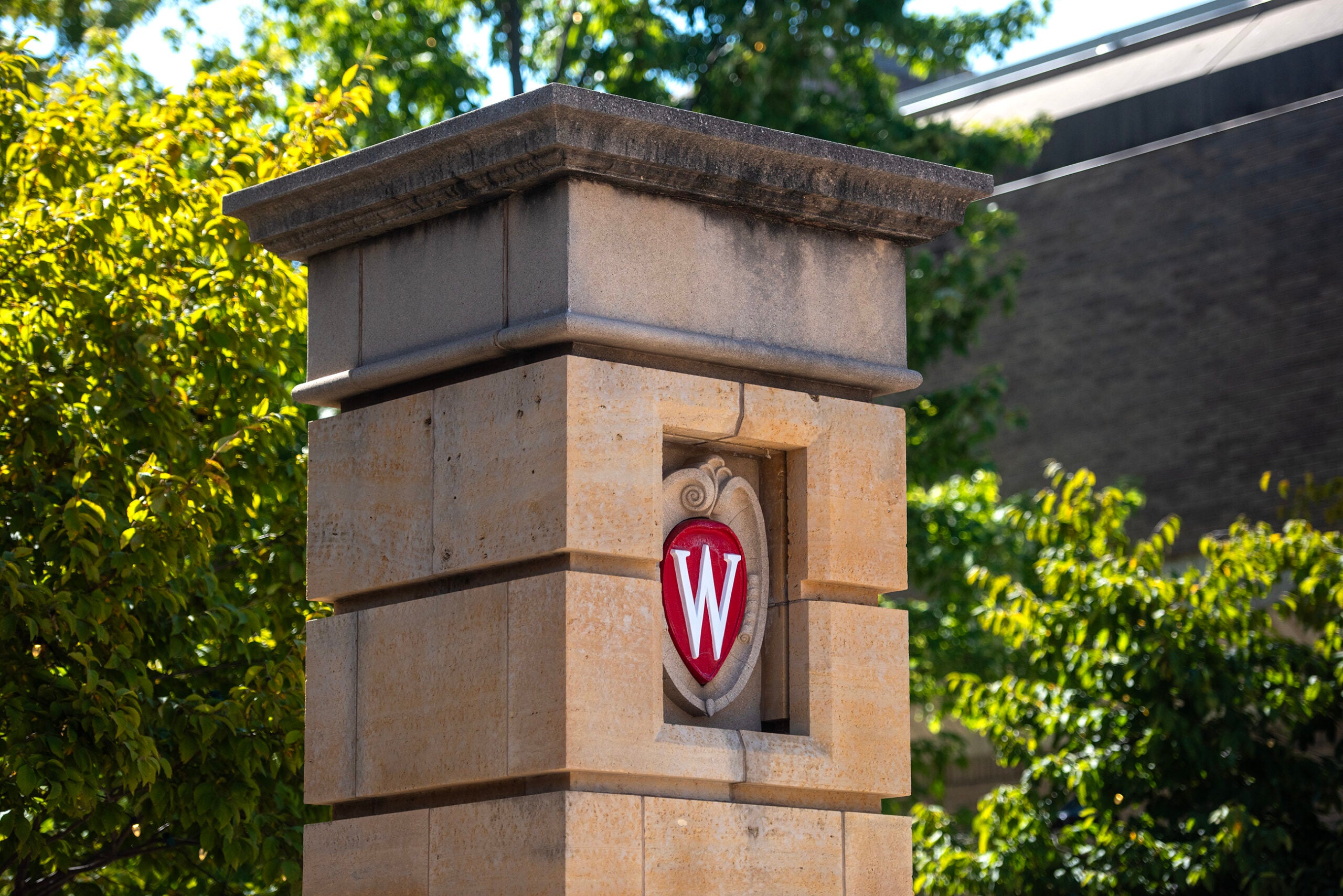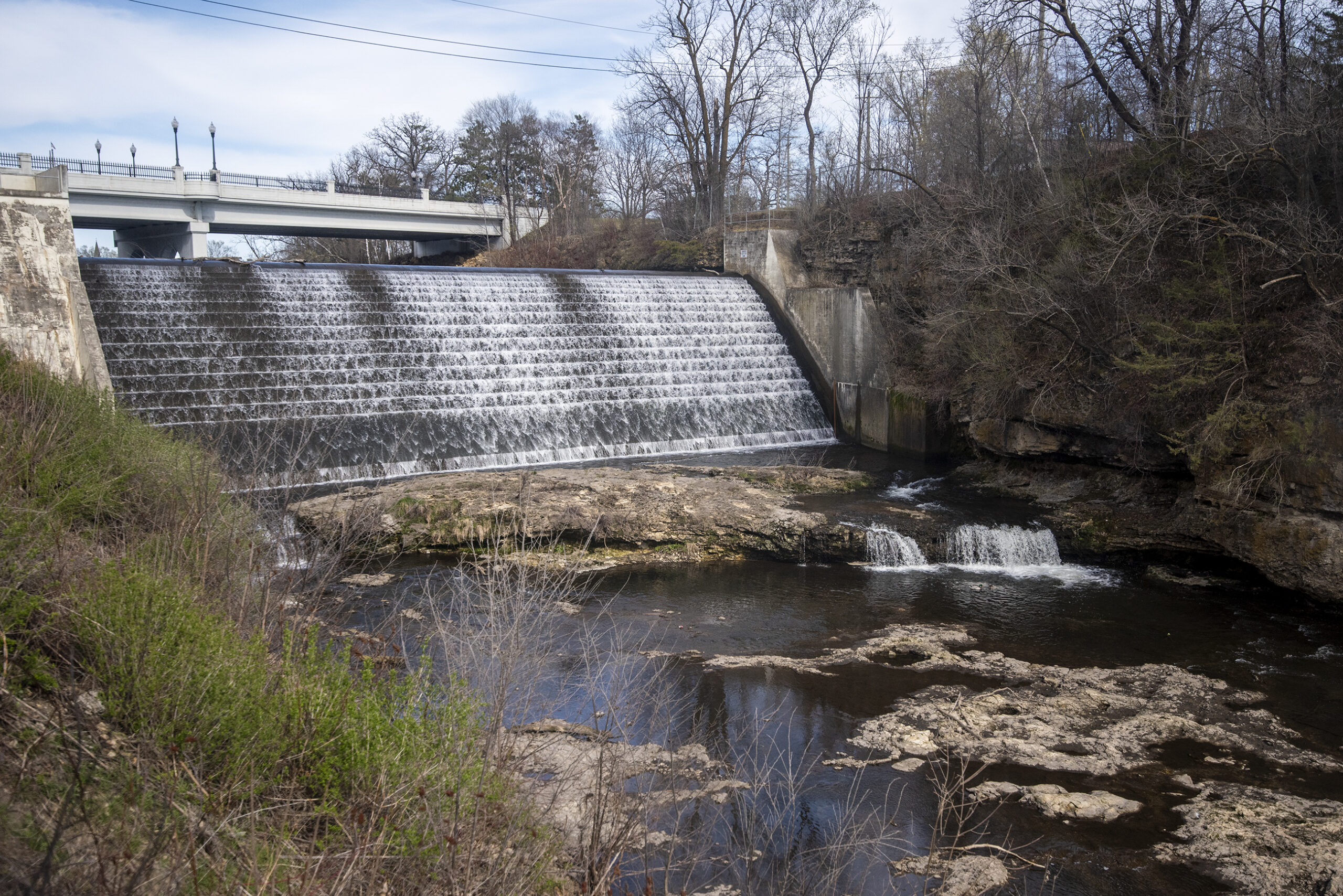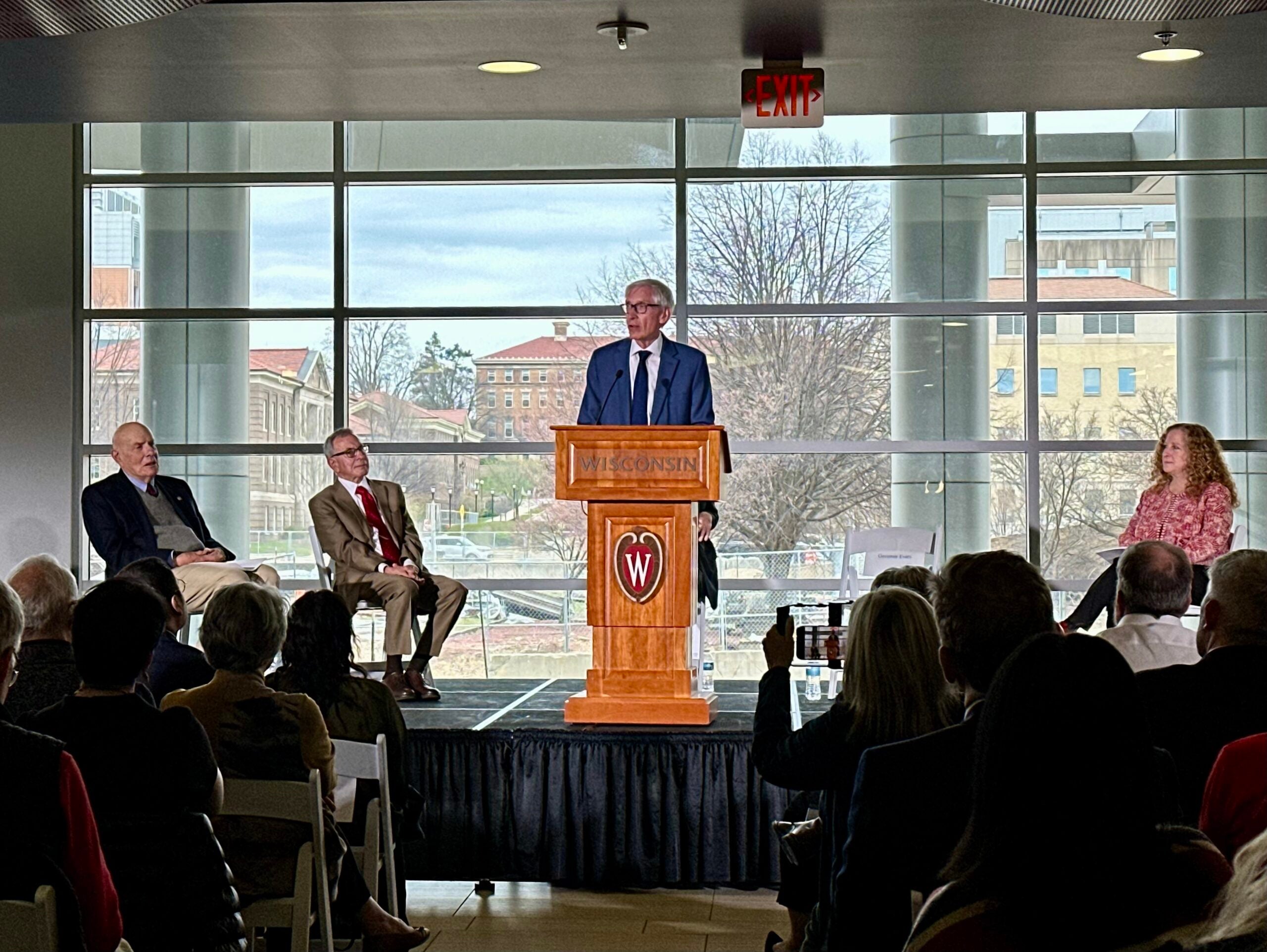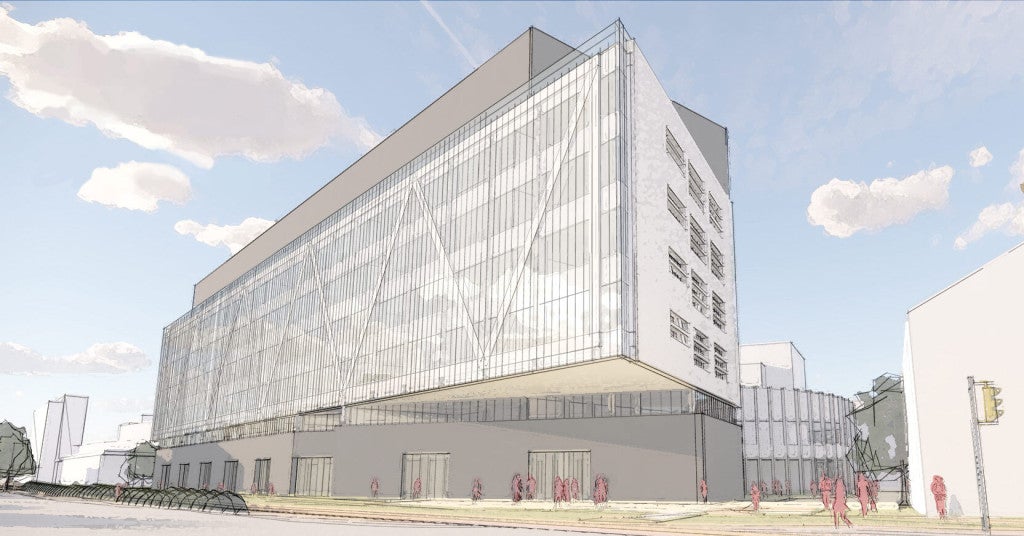Despite pressure from business leaders from across the state, Assembly Speaker Robin Vos this week held firm on the Legislature’s decision to withhold state funding for a new engineering building at the University of Wisconsin-Madison.
Speaking to reporters Tuesday, Vos, R-Rochester, tied funding for the engineering building with what he called staffing “bloat” within the Universities of Wisconsin, as well as diversity, equity and inclusion, or DEI, programming.
“We would love to be able to find a way to get to yes, by having the university work with us on controlling the number of positions that they have added,” he said, noting UW-Madison has added 1,700 positions since 2017. “And we still have the challenge of all of the division, indoctrination and exclusion that happens with the DEI programs.”
News with a little more humanity
WPR’s “Wisconsin Today” newsletter keeps you connected to the state you love without feeling overwhelmed. No paywall. No agenda. No corporate filter.
Vos is sticking with his position despite lobbying from Wisconsin business leaders who say expansion of the flagship university’s engineering program is critical to developing the state’s workforce. The university considered their plan to replace the aging engineering building to allow expansion of the program a top priority during the budget process, but GOP lawmakers declined to fund the project.
The university is fighting back, enlisting help from employers, manufacturers and business lobbying groups. Earlier this month, more than 40 business leaders from across the state signed a letter to state lawmakers advocating for the building, saying the project would allow the university “to serve more Wisconsin students and employers.”
The Wisconsin Alumni Association is funding the advertising campaign, which focuses on the need for more engineers in Wisconsin and the College of Engineering’s impact on the state. The campaign comes as Republicans in the Legislature and the Universities of Wisconsin continue to butt heads over diversity programs.
On Tuesday, Vos rejected the idea that expanding the program would allow more engineering students to stay in Wisconsin. He said students who aren’t accepted into Madison’s College of Engineering could participate in programs at UW-Platteville and UW-Milwaukee.
But Charlie Hoslet, vice chancellor for University Relations at UW-Madison, said students at UW-Madison are more likely to transfer to another school in the Big 10 — like the University of Illinois or Purdue University — than another school in the UW system. He said one of the reasons those students choose Madison is for a “Big 10 experience.”
Hoslet also said funding for the engineering building “has nothing to do with” system-wide discussions with the Legislature about staffing or DEI. Rather, he said it’s about increasing the state’s engineering workforce.
“The vast majority of legislators that we’ve spoken to over the last, now, four years understand the need for the building, and are supportive of providing the funding,” he said. “There’s these other conversations going on that are complicating this, but our message to them is that the engineering building is clearly needed.”
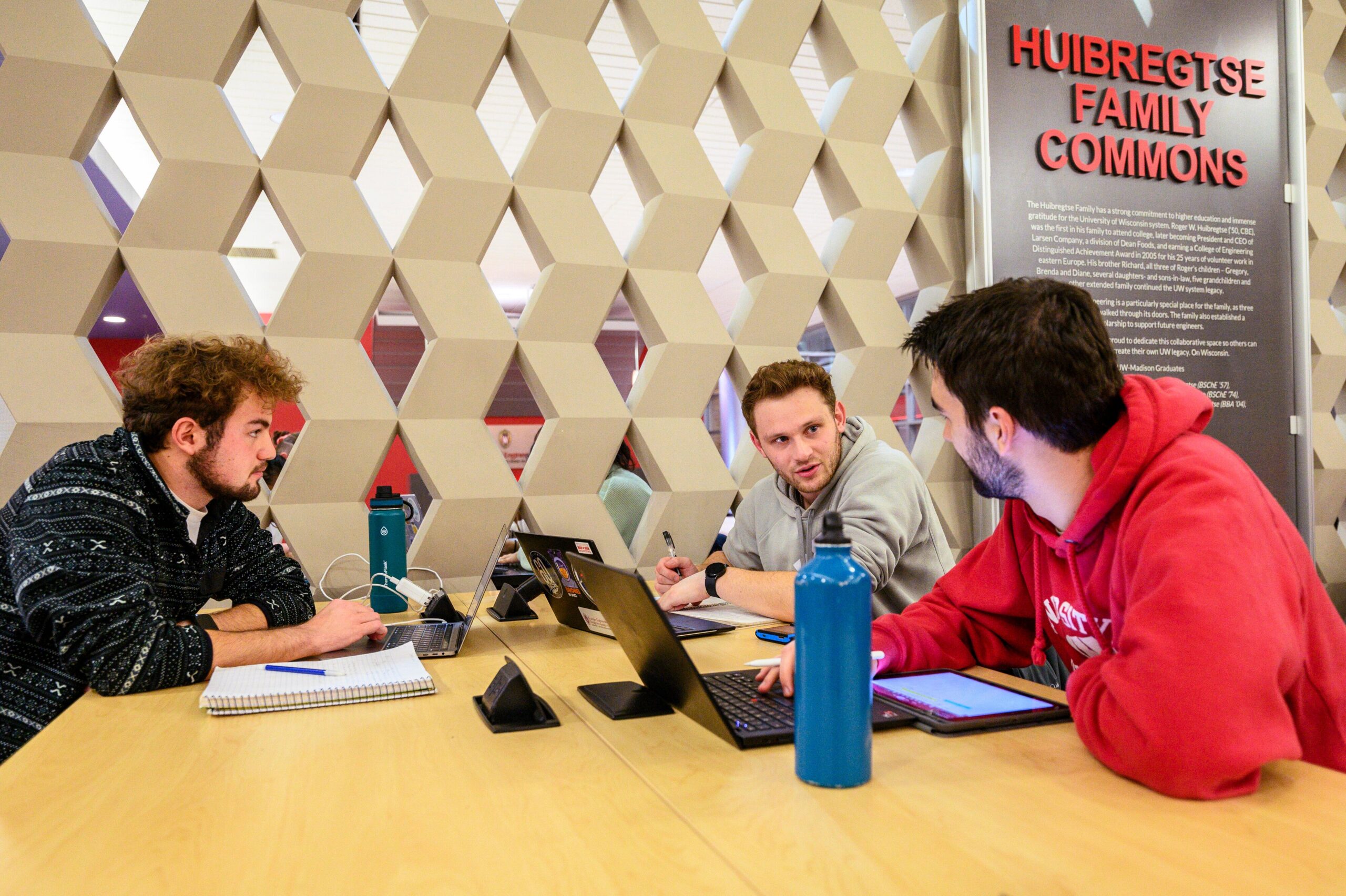
But the political outlook for the project is unclear. The Milwaukee Journal Sentinel recently asked all 132 state lawmakers in both chambers of the Legislature for their views on funding the new engineering building. According to the newspaper, 43 support the project, four oppose it, six said they may support it and 69 did not respond. Nine declined to give an opinion and one was unclear.
UW-Madison says the building project currently has a $347 million total project cost, with the university committed to raising $150 million from private gifts and grants. It’s asking the state Legislature to fund the remaining $197 million.
The university says delaying the project to the next state budget cycle would increase the total cost to roughly $400 million, and jeopardizes the more than $100 million the school has already raised from donors.
The project would replace an aging building with a larger facility that would allow the school to admit roughly 1,000 more engineering students, Hoslet said.
Delays in new building are affecting enrollment
Last year, Hoslet said the university had over 8,400 undergraduate applicants to the College of Engineering, but was only able to accept approximately 1,200.
“There’s a tremendous number of students that want to become engineers, want to stay at school here in the state of Wisconsin, and we don’t have the capacity to admit them,” he said. “This building, which would be partially funded by the state and partially funded by gifts and grants from the university, is intended to help solve at least some of that need.”
State Department of Workforce Development data projects that architecture and engineering occupations will increase by about 9.5 percent from 2020 to 2030. From 2022 to 2032, the U.S. Bureau of Labor Statistics says employment in architecture and engineering jobs nationally is expected to “grow faster than the average for all occupations.”
“There is a very high level of demand for students with engineering degrees, both at the state level and at the federal level,” Hoslet said. “If we’re going to help the state grow its economy, if we’re going to help these businesses grow, we need more engineering graduates to graduate from Madison and to go to work in the state.”
For every engineering graduate at UW-Madison, Hoslet said there are, on average, more than three companies trying to hire them.
One of those companies is Oshkosh Corp., which manufactures specialty trucks and military vehicles. The company’s CEO, John Pfeifer, signed the letter to the Legislature and told WPR that UW-Madison is the manufacturer’s “go-to” school for engineering talent.
“In my opinion, it’s the top school to get engineers in the state of Wisconsin,” he said. “We also know that if somebody doesn’t get into Madison, and therefore goes out-of-state to another premier engineering school, they are far less likely to come back to the state of Wisconsin than had they gone to Madison.”
Editor’s note: WPR reporter Anya Van Wagtendonk contributed to this story. WPR staff are employees of UW-Madison.
Wisconsin Public Radio, © Copyright 2025, Board of Regents of the University of Wisconsin System and Wisconsin Educational Communications Board.

